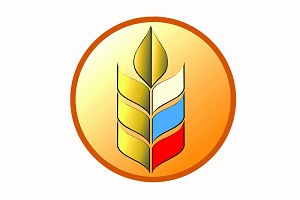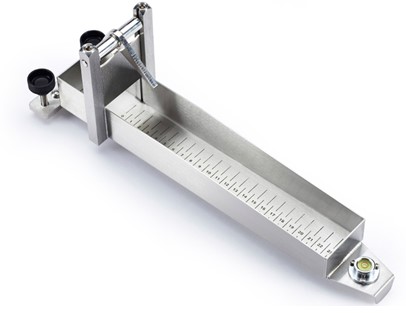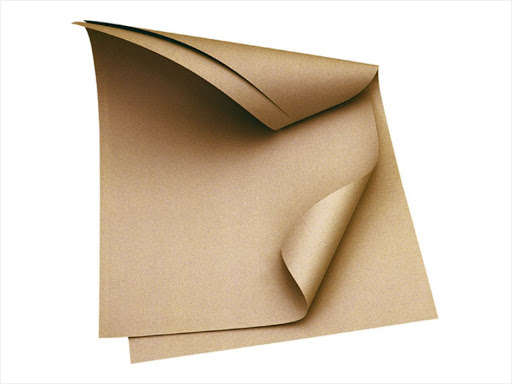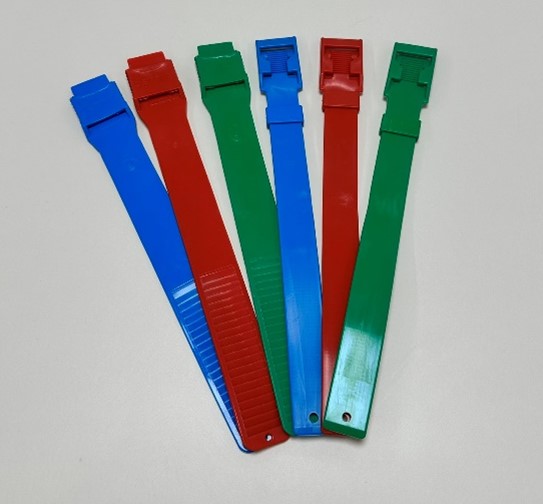"The Ministry of Agriculture of the Russian Federation is trying to draw a clear line between agrochemicals and animal by-products" - Oleg Lityaykin

Oleg Lityaykin explained why a new law on livestock by-products (LBP) was adopted . According to him, since 2020, Rosprirodnadzor began to closely monitor compliance with various standards. First of all, this concerns the availability of licenses and the loop of obligations that arose when handling manure and litter as waste.
- We managed to solve this problem, but there are still issues that we are now finalizing and trying to give them an unambiguous interpretation. We are now trying to draw a clear line between agrochemicals and LLP, so that there is an unambiguous interpretation, an unambiguous law enforcement develops. Until the end of the year, we will try to do everything, if not finish, then at least put it in the direction that will lead to the final result, - said Oleg Lityaykin.
Addressing the audience of the webinar, the expert emphasized that the documents should not confuse fertilizers and LLP. First, based on the norms specified in the law. Secondly, the new OKPD, which was introduced by the Ministry of Agriculture , differs from the OKPD, which has organic fertilizers based on animal origin.
The speaker also drew attention to the fact that recently the Ministry of Agriculture has been holding many joint meetings with Rosprirodnadzor. And very often the agro-industrial complex begins to be reproached for the fact that a lot of waste is generated in agriculture.
- When we start to understand, very interesting things turn out. It is clear that there are a lot of interesting things in the classification catalog of waste, including waste from sorting seeds of wheat, rye, and grain. We explain to them that this cannot be. All this is not thrown away and does not harm the environment. This is all used within enterprises. I would like to draw attention to this, including how to fill in the relevant documents. And do not invent what is actually considered waste, - summed up Oleg Lityaykin.
Read together with it:
- Министр сельского хозяйства предлагает долгосрочные контракты для стабилизации цен на продуктыЛут подчеркнула, что за последние десять лет рост цен на основные продукты в России не превысил общий уровень инфляции, а в некоторых категориях даже отстает от нее. Тем не менее, наблюдается устойчивый рост себестоимости продукции из-за увеличения цен на технику, энергоресурсы и логистику. Для контроля ценовой ситуации министерство сотрудничает с депутатами и рядом других ведомств. Также она упом...
- The State Duma has passed 71 laws to support agriculture starting in 2021.He noted that agricultural issues remain a priority for parliament, emphasizing the importance of these legislative initiatives for creating a legal framework conducive to the development of agriculture.
- США частично сняли санкции с СирииСША разрешили экспорт в Сирию большинства товаров гражданского назначения своего производства, а также ПО и технологий. Санкции в отношении Асада были сохранены. Послабления сделаны на фоне визита в США президента аш-Шараа США смягчают санкционный режим и меры экспортного контроля, введенные в отношении Сирии, объявило Управление по контролю над иностранными активами (OFAC) американского Минфина «...
- «Принцип поля картошки». Как возникла «Русская община» и кто за ней стоитНесколько лет назад никому не известная «Русская община» выросла в федеральную сеть с идеологами, дружинниками и отделениями в регионах России. Как и для чего она устроена, как работают связи с РПЦ и силовиками — в статье РБК — Как узнал про нас? — Из соцсетей. — Как к спорту? — Занимался рукопашным боем, но из-за учебы нет времени заниматься. Хотел как раз познакомиться с людьми у вас, потрениров...
- Transbaikal farmers are actively implementing digital technologies in their production activities.Agricultural producers in Transbaikalia are annually increasing their use of modern technologies related to data collection, storage, and processing systems. Applications for subsidies are also being successfully submitted electronically, reported Albina Koreshkova, HEAD of the regional Ministry of Agriculture. "Every year, Transbaikalia's farms are increasingly using digital technologies to monit...
- A key element of a healthy lifestyle. An expert reminded us of the importance of proper nutrition.October 7, MINSK . Snezhana Kavrigo, HEAD of the Minsk City HEALTH Center, reminded patients of the importance of proper nutrition, a BELTA correspondent reports. "I urge our patients to watch what they buy. No matter where you are, something can spoil. As a consumer myself, I constantly watch and try new things, but it's the human factor," urged Snezhana Kavrigo. She noted that this advice also a...
- The United States has disclosed the share of nuclear reactor fuel supplied by Russia.In 2024 , RUSSIA remained the largest supplier of fuel for US nuclear reactors , accounting for 20% of deliveries. The US had previously expressed doubts about completely abandoning Russian uranium until the conflict in Ukraine was resolved. Russia retained its status as the largest supplier of fuel for nuclear reactors in the United States by the end of 2......
- The director of an Engels boarding school was convicted of illegally purchasing meat worth nearly 12 million rubles.In 2022, the institution entered into 25 contracts with a sole proprietor without holding a competitive bidding process, thereby violating the law . The arbitration COURT ordered the entrepreneur to return over 10 million rubles to the budget. it should be noted that this decision applies to numerous contracts that were artificially divided, creating conditions for circumventing the law.......




























































